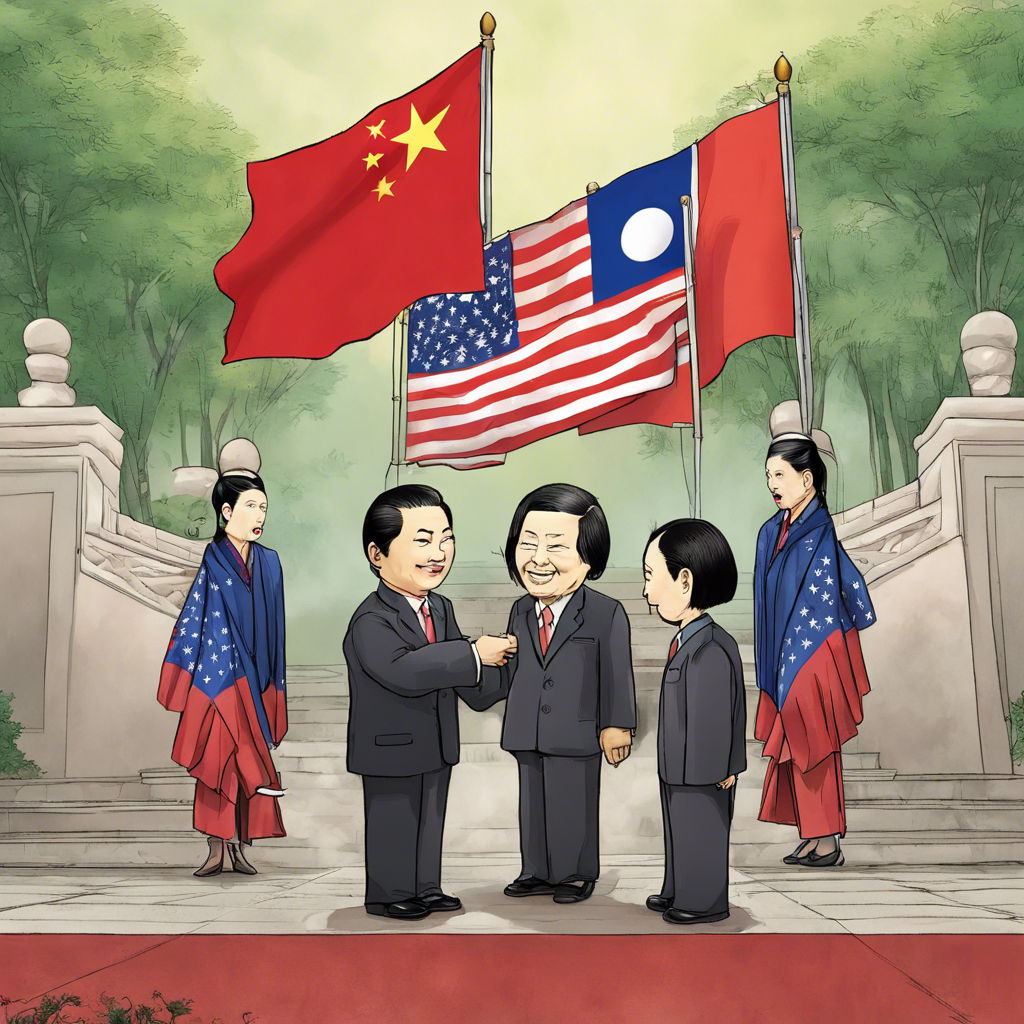China Criticizes US for Congratulating Taiwan’s New Leader, Accusing Them of Supporting Independence

Beijing condemns the US for sending a “gravely wrong signal” to those advocating for Taiwan’s independence after the recent election.
China has accused the United States of violating its commitment to maintaining unofficial ties with Taiwan after US Secretary of State Antony Blinken congratulated Taiwanese president-elect William Lai following the election. Beijing sees Taiwan as its territory and vehemently opposes any government that suggests otherwise. The messages of congratulations from various countries, including the US, have drawn criticism from China, which views such statements as supporting separatist movements in Taiwan. This latest incident underscores the delicate balance between the US’s relationship with Taiwan and its commitment to the One China policy.
US Congratulates Taiwan’s New Leader, Emphasizing Democratic Values
In a message of congratulations, Secretary of State Antony Blinken highlighted the partnership between Taiwan and the US, rooted in shared democratic values. He expressed the US’s commitment to working with President-elect William Lai and Taiwan’s leaders to advance their shared interests and values. Blinken also emphasized the US’s dedication to maintaining peace and stability in the Taiwan Strait. However, he made it clear that this collaboration should align with the US’s One China policy, which recognizes China as the legitimate government and maintains only unofficial ties with Taiwan.
China Criticizes US, Accusing Them of Violating Commitment to Unofficial Relations
China swiftly condemned Blinken’s message, accusing the US of violating its promise to maintain only cultural, commercial, and other unofficial relations with Taiwan. Beijing sees any statement of support for Taiwan as legitimizing a separatist movement that aims to establish Taiwan as an independent nation. China’s foreign ministry stressed that the Taiwan question is a “red line” in China-US relations and lodged a formal diplomatic complaint. China firmly opposes any form of official interaction between the US and Taiwan and considers it interference in its internal affairs.
Warning to Washington: Unofficial US Delegation Visits Taiwan
China’s statement serves as a warning to the US after an unofficial delegation of former US officials, deployed by President Joe Biden, visited Taiwan shortly after the election. The delegation, which includes a former national security adviser and a former deputy secretary of state, held talks with leading political figures in Taiwan. This move has further strained relations between the US and China, with Beijing expressing its strong opposition to any official interaction between the US and Taiwan.
International Congratulatory Messages and China’s Disapproval
While the US faced criticism from China, other Western countries, including the UK, France, and Germany, also congratulated Taiwan’s new leader. Beijing’s Communist government strongly opposes President-elect William Lai’s Democratic Progressive Party (DPP), which has governed Taiwan for the past eight years. This divergence in international responses highlights the complex dynamics surrounding Taiwan’s status and the differing perspectives on the island’s sovereignty.
Conclusion:
China’s criticism of the US for congratulating Taiwan’s new leader underscores the ongoing tensions surrounding Taiwan’s status and the delicate balance between the US’s relationship with Taiwan and its commitment to the One China policy. The US’s message of congratulations, emphasizing democratic values, has drawn strong condemnation from Beijing, which views any support for Taiwan as supporting separatist movements. As the US continues to navigate its relationship with Taiwan, it must carefully consider the implications of its actions on its broader relationship with China. The international community’s varied responses to Taiwan’s election reflect the complex nature of the Taiwan issue and the differing perspectives on the island’s sovereignty.

